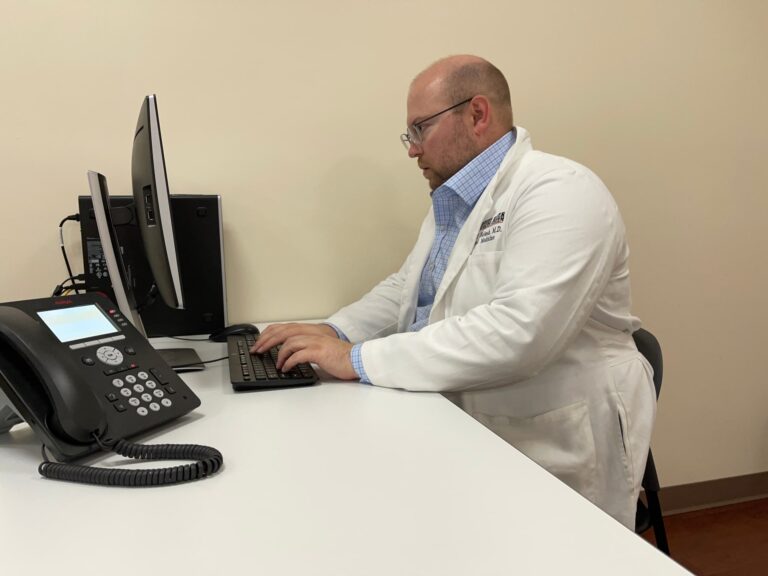
A Comprehensive Overview of Emergency Medicine by Dr. Philip Sobash
Emergency medicine is a specialized medical field that focuses on providing immediate care to individuals with acute illnesses and injuries. Emergency physicians are highly trained in critical care medicine and are responsible for making crucial decisions in life-threatening situations, such as those involving chest pain or difficulty breathing. Their role is vital in stabilizing patients, treating traumatic injuries like broken bones and burns, and coordinating postoperative care after surgery. Dr. Philip Sobash highlights the critical role emergency medicine plays in saving lives and ensuring patients receive prompt and effective medical attention.
The Breadth of Emergency Medicine
The scope of emergency medicine is broad, encompassing a wide range of medical conditions and injuries. Patients seeking urgent care visits in the emergency room present with diverse medical issues, from minor injuries like sprains and cuts to more severe and time-sensitive conditions like heart attacks and gunshot wounds. Emergency physicians must be prepared for anything and have the skills to manage both simple cases and complex trauma situations.
Stabilizing Life-Threatening Situations
One of the primary responsibilities of emergency physicians is to stabilize life-threatening situations. Time is of the essence in emergency care, and quick decision-making is crucial. When patients arrive with critical conditions like cardiac arrests or severe injuries, emergency physicians must act swiftly to provide life-saving interventions and stabilize the patient’s condition before further treatment.
Effective Communication and Stress Management
Working in the emergency room can be highly stressful, as emergency physicians constantly face high-pressure situations and emotionally charged encounters. Effective communication with patients, their families, and other healthcare professionals is essential to provide the best care possible. Emergency physicians must be able to convey information clearly and empathetically, addressing patients’ concerns and providing reassurance during challenging times.
In addition to communicating with patients and families, emergency physicians must collaborate effectively with their colleagues and other members of the healthcare team. Efficient teamwork is vital in the fast-paced environment of the emergency room, ensuring that patients receive coordinated and timely care.
Adapting to Unpredictable Situations
Emergencies are inherently unpredictable, and emergency physicians must be adept at thinking on their feet and making rapid, well-informed decisions. Flexibility and adaptability are essential traits for success in this field, as each case may present unique challenges and complexities.
The Importance of Time Management and Organization
Managing time and tasks efficiently is critical in the emergency room, where the workload can be overwhelming. Emergency physicians must prioritize their responsibilities, ensuring that urgent cases receive immediate attention while also addressing the needs of other patients. Effective organization and time management skills enable emergency physicians to navigate through busy shifts and provide the best possible care to all patients.
In Conclusion
Emergency medicine is a dynamic and essential specialty that plays a crucial role in providing immediate care to patients with acute illnesses and injuries. Emergency physicians, like Dr. Philip Sobash, are highly skilled and trained professionals who excel in high-pressure situations and make life-saving decisions. Their ability to communicate effectively, manage stress, and think critically under pressure makes them invaluable assets in the healthcare system. With their dedication and expertise, they ensure that patients receive prompt and effective medical attention, saving countless lives and making a significant impact on the well-being of individuals in their most critical moments.
Proudly powered by WordPress. Theme by Infigo Software.